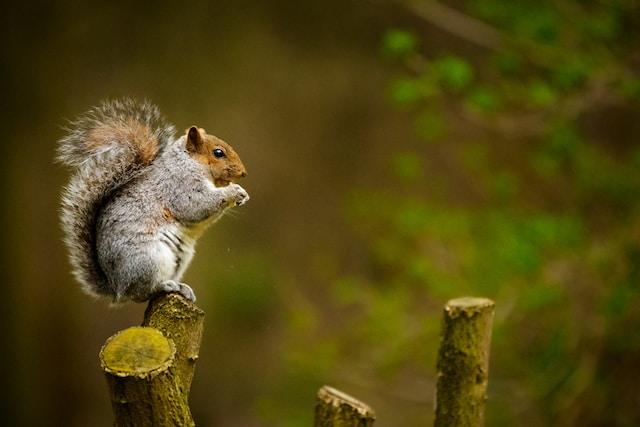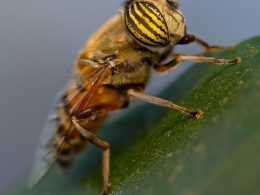Introduction: In the realm of wildlife, few creatures captivate us quite like the humble squirrel. With their nimble acrobatics and keen foraging skills, these small mammals have managed to thrive in a variety of environments around the world. One key aspect that contributes to their success is their adaptable diet. Join us as we delve into the fascinating world of squirrel nutrition, uncovering the secrets of their diverse and ever-changing menu.
- Nutritional Needs: Squirrels, like all animals, require a balanced diet to maintain good health. Their primary nutritional needs include proteins, carbohydrates, fats, vitamins, and minerals. The specific composition of their diet may vary depending on the squirrel species and their habitat.
- Nuts: A Staple Food: When we think of squirrels, we often envision them munching on nuts, and for good reason. Nuts form a significant part of their diet, providing essential fats, proteins, and calories. Acorns, walnuts, hickory nuts, and pine nuts are just a few examples of the nuts squirrels commonly consume. Their natural instinct to hoard nuts for the winter months helps them survive when food is scarce.
- Seeds and Fruits: Squirrels also have a fondness for seeds and fruits. They feed on a wide range of seeds, including sunflower seeds, pumpkin seeds, and various tree seeds. Fruits such as berries, apples, and oranges are relished by squirrels, not only for their nutritional content but also as a source of hydration.
- Bark, Fungi, and Vegetation: During lean times or when other food sources are scarce, squirrels resort to more unconventional dietary choices. They may gnaw on tree bark to obtain inner layers that contain essential nutrients. Some squirrel species, like the flying squirrel, are known to consume fungi and lichens. Additionally, squirrels occasionally graze on tender vegetation, including leaves and plant shoots.
- Opportunistic Feeders: Squirrels are opportunistic feeders, meaning they adapt their diet based on availability. They readily consume insects, eggs, and even small vertebrates if given the opportunity. This adaptability allows them to thrive in urban environments, where they scavenge for human food scraps like bread and discarded nuts.
- Seasonal Variations: The diet of squirrels undergoes changes with the seasons. During spring and summer, when plant growth is abundant, they feast on fresh foliage and blossoms. In autumn, squirrels capitalize on the nut and seed harvest, stocking up for the approaching winter. In colder months, when resources are scarce, they rely heavily on their stored food reserves.
Conclusion: From their love of nuts to their ability to adapt to changing conditions, squirrels demonstrate remarkable dietary flexibility. By diversifying their food sources and adjusting their preferences according to seasonal availability, these resourceful creatures manage to maintain their energetic lifestyles. Understanding the comprehensive diet of squirrels not only unveils their intriguing feeding habits but also highlights their vital role in ecosystem dynamics.












